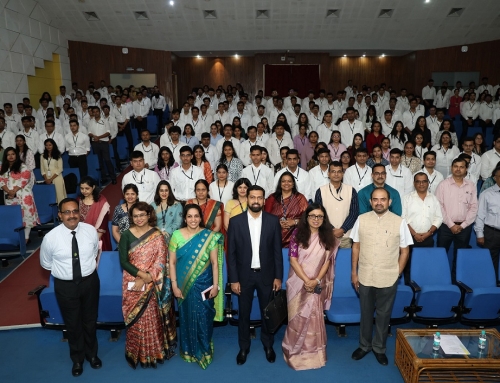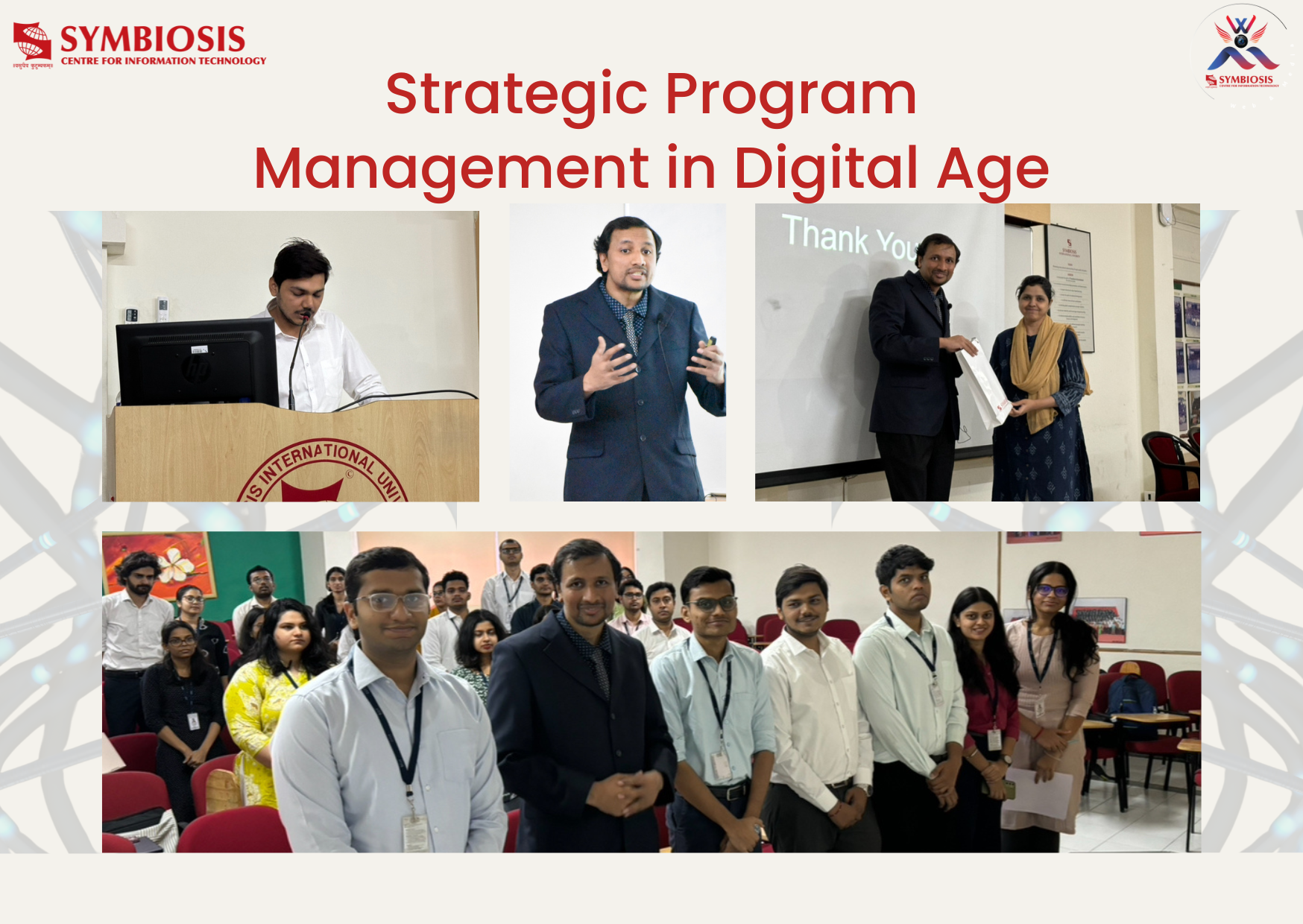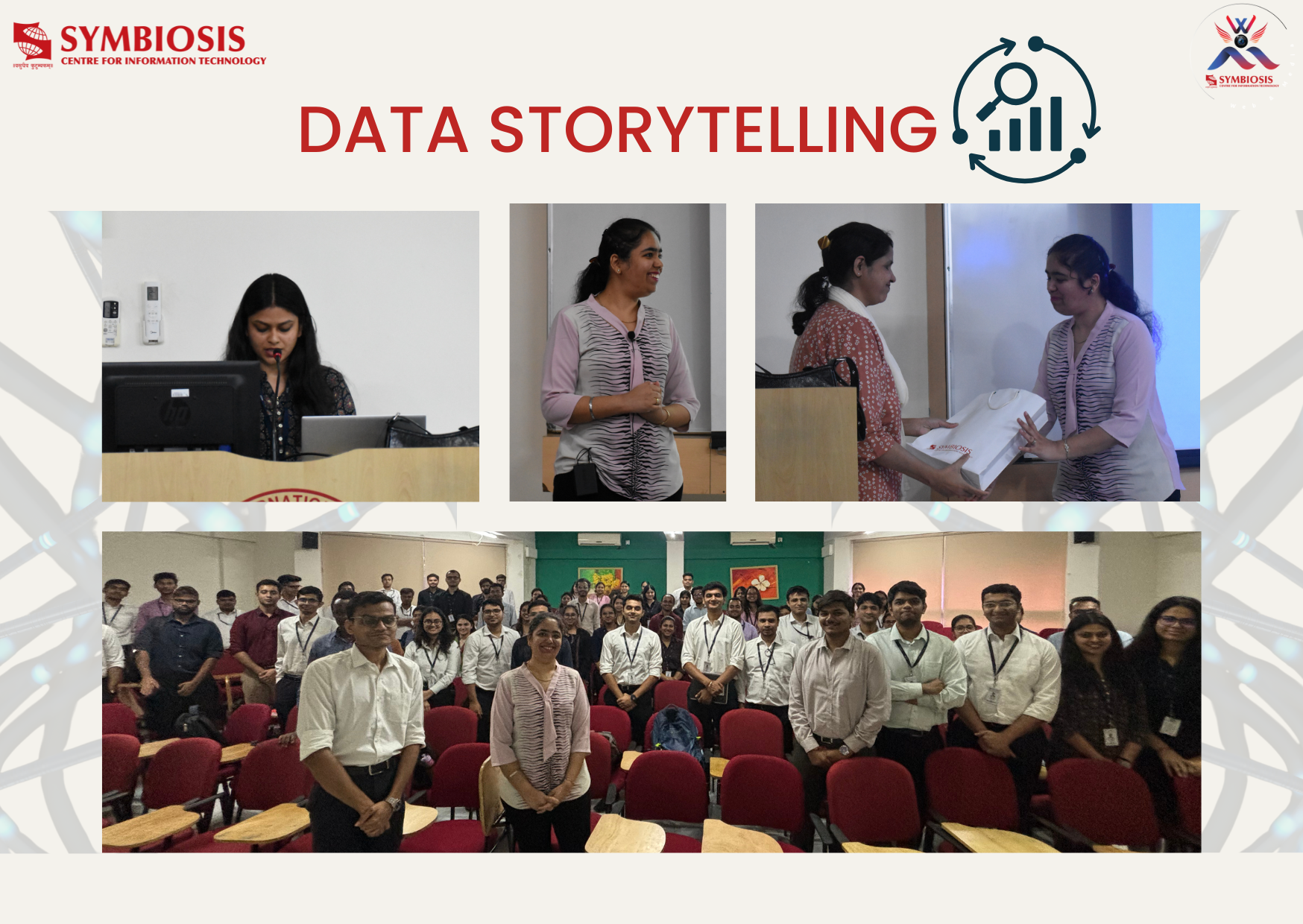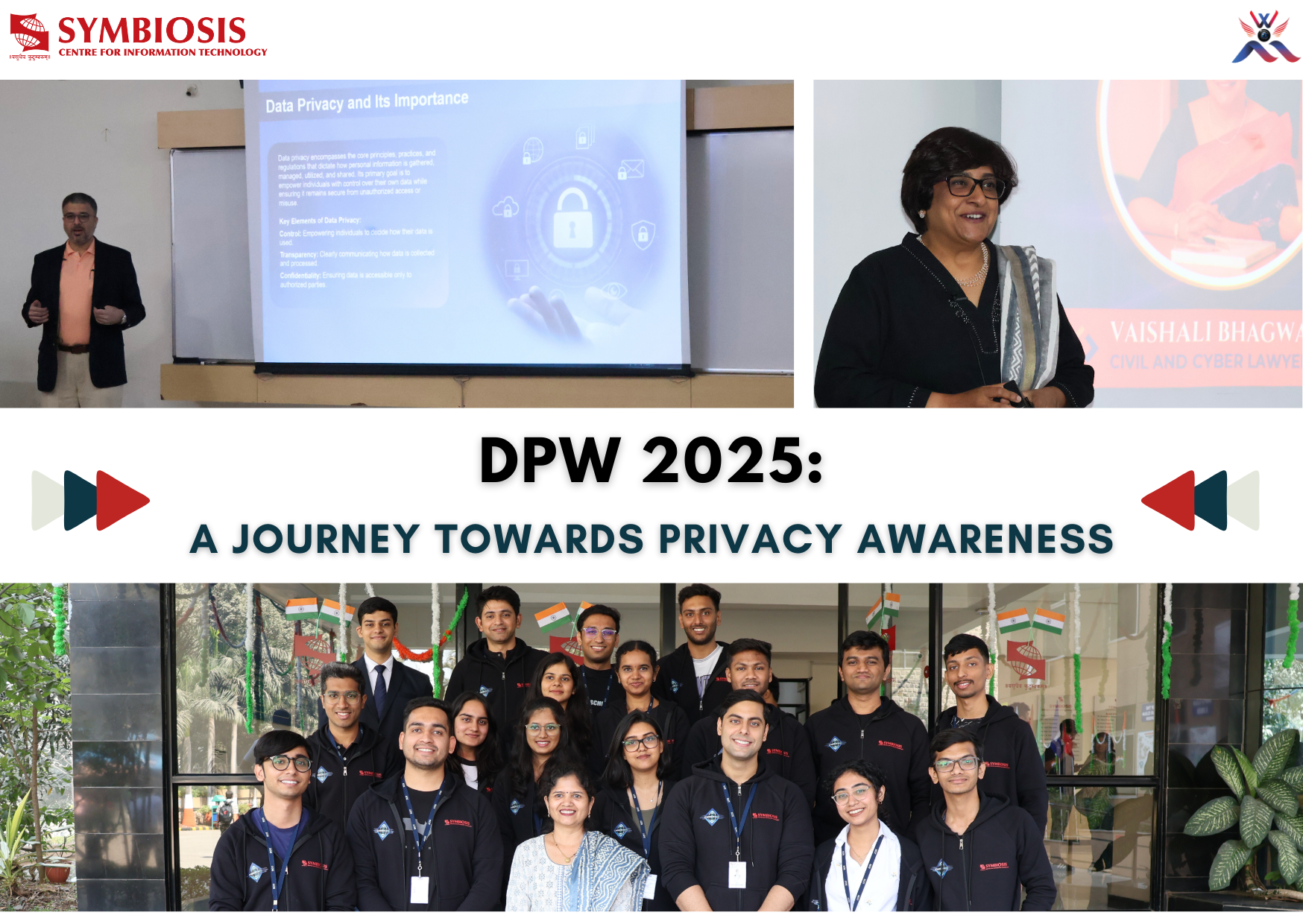Scope and Career Opportunities in MBA ITBM

Businesses have transformed from brick and mortar stores to international household names, with the advent of the internet and information management systems. Business environments have become increasingly competitive as a result of commercialization in the era of the internet. More organizations today are turning to information technology, hardware, software, and telecommunication networks to boost performances and streamline services. Efficient communication can make or break a company’s bottom line.
In the business landscape today, we are increasingly connected and dispersed. Important activities such as recruiting, retaining, and leveraging employees is made smooth with continuous communication and collaboration.
Let us look at some vital benefits Information Technology offers businesses:
- Helps companies optimize costs, improve internal and external communication, build recognition, and release innovative products.
Online meeting and video conferencing platforms such as Skype give businesses the opportunity to collaborate in real-time. This has a significant impact on costs associated with bringing clients to a site or communicating with staff in remote areas. With robust IT, organizations can connect effortlessly with international suppliers and consumers.
- Facilitates Strategic Thinking
The ability of IT to enhance a company’s competitive advantage by facilitating strategic thinking and knowledge transfer is one of its biggest advantages. Companies can access and leverage social networks and subscription databases, which allows them to assemble, interpret, and transfer information at an unprecedented rate. This has also given businesses unparalleled access to customers and consumers, empowering them to deliver new and enhanced products.
When IT is used as a strategic investment instead of a means to an end, it gives an organization the tools they need to evaluate the market and implement apt strategies to give themselves a competitive edge.
- Stores and Safeguards Valuable Information
The storage, preservation, and maintenance of information is known as information management. This is essential to any business that must store and safeguard sensitive information for extended periods of time. With IT tools, companies can store, share, and backup files for later use, and protect financial information from unauthorized individuals. IT gives businesses an assurance about the information they collect and analyze to be stored and safeguarded for future use.
- IT Reduces Costs
Although IT may seem expensive when first implemented, it is incredibly cost-effective as it streamlines a company’s operational and managerial processes. Implementation of online training programs in organizations is a classic example of IT reducing costs and time employees spend outside work. Essentially, IT enables companies to do more with less, without compromising on quality.
Owing to the many benefits IT provides to a business, individuals who are skilled in this subject area are in popular demand in today’s job market.
IT includes a diverse set of specializations, the study of any of which can land you rewarding and challenging roles in the industry.
These are the specializations, as well as the roles they prepare you for:
Systems
This specialization offers a unique blend of business and technology that enables you to address and solve complex issues that lie at their crossroads. The program at SCIT is designed with a vision of making business processes technology available through the application of strategies that support innovative business models. The study of systems transforms you into a professional with a deep business understanding and an ability to deliver technology solutions that address the same.
In this specialization, you will learn ways of enterprise resource planning, service-oriented architecture, requirements engineering, enterprise performance management, process optimization using Six Sigma.
The prospective profiles for a systems specialization graduate include:
i) Business Analysi
ii) Process Optimization
iii) Business Development
iv) Functional Consultancy
v) Business Process Management
Information Security Management
This specialization is aimed at creating professionals who have an understanding of business processes, information workflows and associated risks. This enables them to devise strategies for an information secure organization. As organizations grow and expand beyond their traditional spaces to explore new avenues, there comes an inevitable expansion of their infrastructure in the form of servers, databases, applications, and services. Managing the risks associated with these systems can become a challenge for progressive organizations. Students are trained to mitigate and minimize these risks and offer solutions to safeguard organizations.
The prospective profiles for an information security graduate include:
i) Information Risk Management
ii) BCM and ISMS Implementation
iii) Information Security Audit
iv) Identity and Access Management
Software Solutions Management
With the study of software solutions management, you are able to handle and offer end-to-end software solutions to organizations. These solutions are backed by a sound knowledge of technology and an implementation of management practices such as business process analysis and project management.
The prospective profiles for a software solutions management graduate include:
i)Project Management
ii)Techno-Functional Consultant
iii)Software Architecture
iv)Enterprise Solutions Architecture
v)Software Solution Development
IT Infrastructure Management
IT infrastructure and networks can be thought of as the nerves of an organization. They enable information flow within and outside the organization. Progressive enterprises often find challenges while managing and designing IT infrastructure to align with business needs. This specialization prepares students to act as catalysts in planning, design, deployment, and monitoring of such complex and large networks to meet the changing needs of organizations.
The prospective profiles for an IT infrastructure management graduate include
i)Network Security and Audit
ii)Network Solution and Design
iii)BCP/DR Consultant
iv)Infrastructure Project Management
v)Business Development
Data Science
Organizations need data to support sound decision making to create data-intensive products and services. Data science refers to the study of the generalizable extraction of knowledge from data. This specialization course attempts to equip students with the abilities and skills pertaining to Big Data and Business Analytics. Students are also taught to use tools such as R, Hadoop, MapReduce etc.
The prospective profiles for a data science graduate include:
i)Big Data Analyst
ii)Data Analyst/scientist
iii)Business/Market Analyst
Symbiosis Centre for Information Technology’s MBA-ITBM offers the first program in India whose curriculum has been approved in alignment with the ISACA Model Curriculum for IS Audit and Control, 3rd Edition. It is undoubtedly a stellar education institute for students aspiring towards a career in ITBM.
Visit https://www.scit.edu/mba-itbm-syllabus to know about our curriculum.
Dr.Dhanya
Directpr-SCIT















